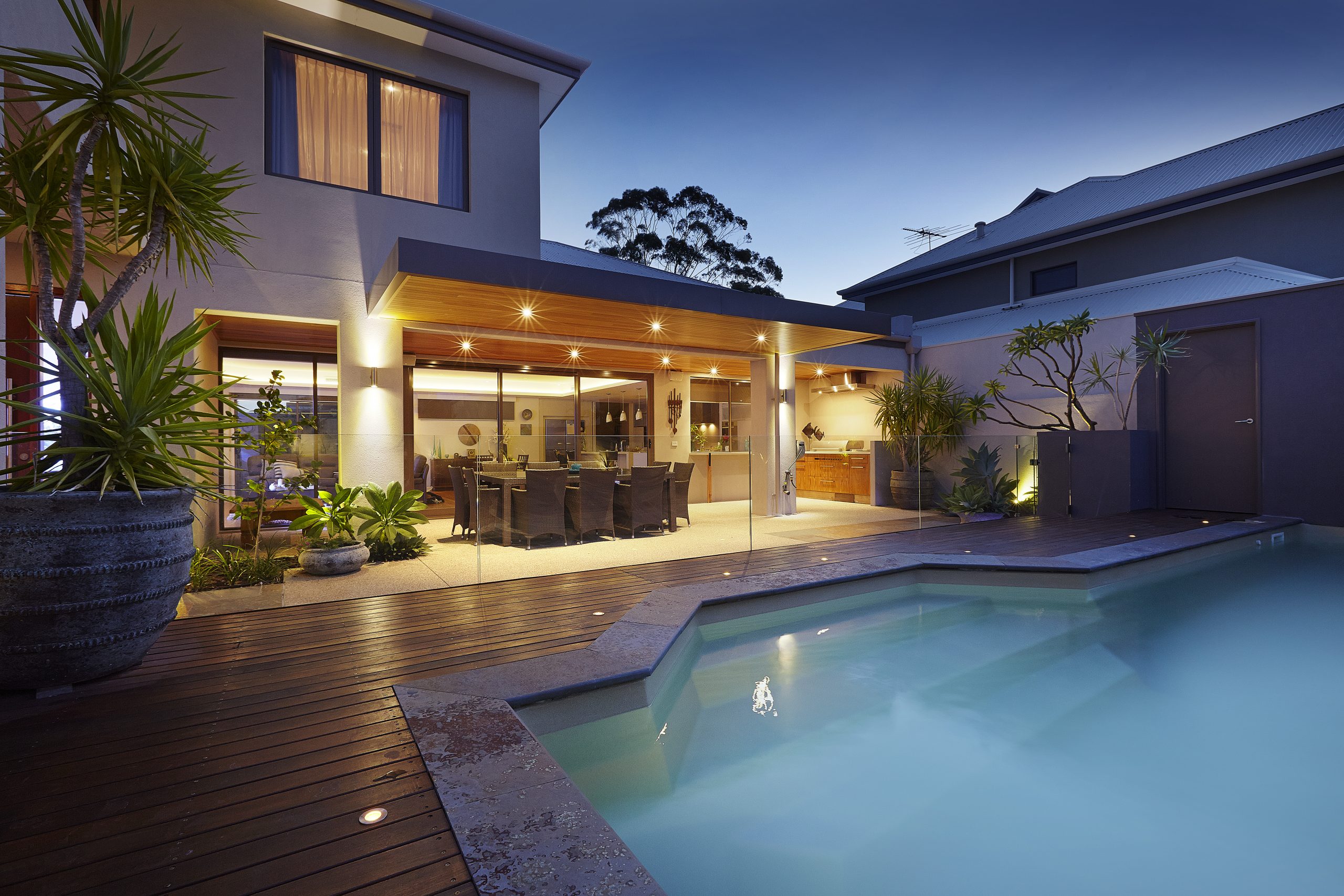Mineral Pools Vs Saltwater – What is the Difference?
Published: July 19th, 2020 in Planning Your Pool
When choosing a sanitising system for your pool, it is a good idea to have a basic understanding of the different types to help you make your choice. Both salt and mineral water are gentler on the skin than traditional chlorine, however there are a few variances between the two. Throughout this article we will highlight everything you need to know about salt and mineral water systems.

Mineral pool system
Minerals such as silver and copper have been used as a sanitising agent since ancient times. Silver is known for its antibacterial properties and copper is a natural algaecide. Having a mineral water system can reduce your chlorine use by up to 50%. The work by adding different minerals to the water, and in conjunction with each other, they eradicate bacteria and algae. The mineral compositions not only have positive effects on the water quality but the body also. The main minerals include potassium chloride, sodium chloride, and magnesium chloride and they can enhance the swimming experience. They offer health benefits such as detoxifying the skin, alleviating sensitive skin symptoms and relaxing the nervous system.
What is the cost?
A mineral water system is relatively inexpensive to purchase. They just need their mineral pack replaced every 12 months which is around $100 to $150. The only thing is you will need to use two chemicals to clean your pool. However, it will still work out cheaper than if you used chlorine alone. The starting price of a mineral system is approximately $700. Minerals are around $30 for a 3 kg bag.
What are the benefits?
• The water is softer – One of the biggest benefits is the quality of the water. Minerals are known to have a soothing effect on the skin. Those with a mineral water system say that the water is softer and gentler on the body and eyes. This can prevent skin irritation and damage to clothes and hair.
• Minimal wear and tear on your equipment – Your pool equipment and its components will not be damaged by strong chemicals that can wear down moving mechanisms and plastic parts over time.
• Non corrosive – Unlike salt, mineral water is not corrosive to clothing, concrete and metal.
• Highly compatible with all pool types – Mineral is a suitable sanitising agent for all types of pools as it has no ill effects on the interior surface or the equipment.

What are the negatives?
A downfall to owning a mineral system is that you still have to use chlorine in conjunction with mineral to sanitise the water adequately. Although it is minimal. Additionally, another thing that can happen with a mineral pool is oxidation from the copper in the water. However, you can prevent this from occurring by choosing a pool that is stain resistant and using a stain free pool mineral sanitiser.
Why should I choose mineral?
Mineral is a popular choice for those wanting a sanitising solution that makes pool maintenance easy and is the gentlest on the skin. Mineral produces high quality water that is free of impurities and toxins. When it comes to best value for money, a mineral system is a front runner.
Salt water system
Saltwater systems are equally popular amongst pool owners. A saltwater system still uses chlorine to clean the pool, the difference is that it your saltwater chlorinator converts the dissolved salt into chlorine to sanitise your pool water as it is needed. In short, you are generating your own chlorine from salt instead of adding traditional chlorine straight to the pool water. However, it is much less than a traditional chlorine pool. A salt water pool is easy to maintain and depending on which pool type you have, it can require very little cleaning from the pool owner.
What is the cost?
The initial cost of a saltwater system is typically more than other types such as chlorine, although, it can save you money in the long by not having to buy a big amount of chemicals. Typically, they start at around $800. Salt is relatively inexpensive to purchase at around $10 for a 25 kilo bag.

What are the benefits?
• Gentler on the body – Salt water is also known to be gentler on the skin and eyes and the water typically feels softer too.
• Virtually algae resistant – It is extremely difficult for algae to grow and multiple in salt water which means less time and money is required to clean it.
• No harsh chemicals – The great thing about salt is it is non-toxic meaning you will not have to handle harsh chemicals to clean your pool. This is safer for the person cleaning the pool and people swimming in it.
• Compatible with solar devices and equipment – Salt works well in conjunction with all solar pool systems.
What are the negatives?
Salt water is only suitable for fibreglass pools. Other types of pools such as concrete and vinyl liner are not compatible. Salt is highly abrasive on the interior surface of a concrete pool and a vinyl liner pool has metal coping and structural surrounds which will corrode when in contact with saltwater.
Inevitably, water will splash out of the pool and onto the things around it when people use it, so if you have plants or grass near your pool area, they will more than likely suffer as a result. The same applies if you have concrete around your pool or furniture items that contain metal, they will rust and corrode over time. You can prevent this by installing a sacrificial anode. It is a zinc device that sacrifices itself before other metals to protect metal parts from corrosion. Our experienced team can offer education on this topic if you would like additional information.
Why should I choose a saltwater system?
Saltwater systems are typically more to install initially, but you will quickly recoup your investment from the amount of money it will save you in the long run. They also require little maintenance, making it a convenient choice. Salt is extremely cheap to purchase in comparison to traditional chlorine and minerals.
So, what is the difference?
The biggest difference between salt and mineral is the filtration system. Saltwater pools work with a combination of salt and chlorine. The saltwater chlorinator converts the salt to liquid chlorine which reduces the need of having to use high doses of traditional chlorine in your pool. A mineral pool system works by using pool ionisers that gradually trickle mineral ions into the pool water. Both salt and mineral work well to sanitise the water, they kill bacteria and prevent algae from harbouring and multiplying. Whilst the water clarity of both systems is much alike, the water quality of a mineral pool is far superior. Its always a good idea to discuss the options available to you with your pool builder, they can offer helpful advice regarding which system is best for you.
Our team here at Barrier Reef Pools are experts in the pool industry and we have many years’ experience installing fibreglass pools with all types of sanitising options. Give us a call today if you require further information, we are more than happy to answer any questions you may have.
